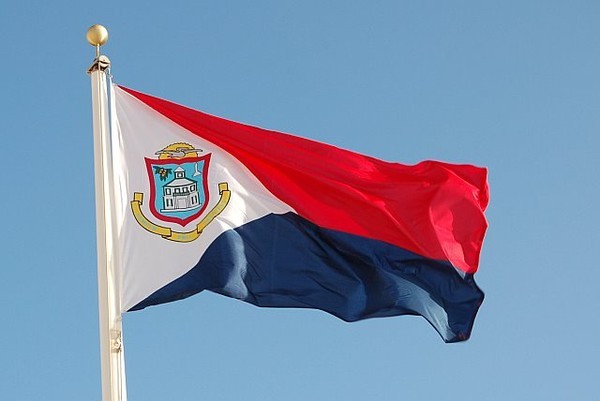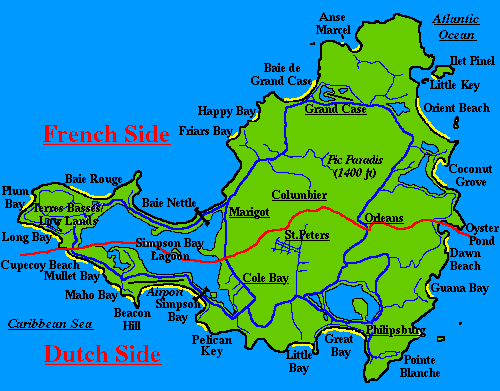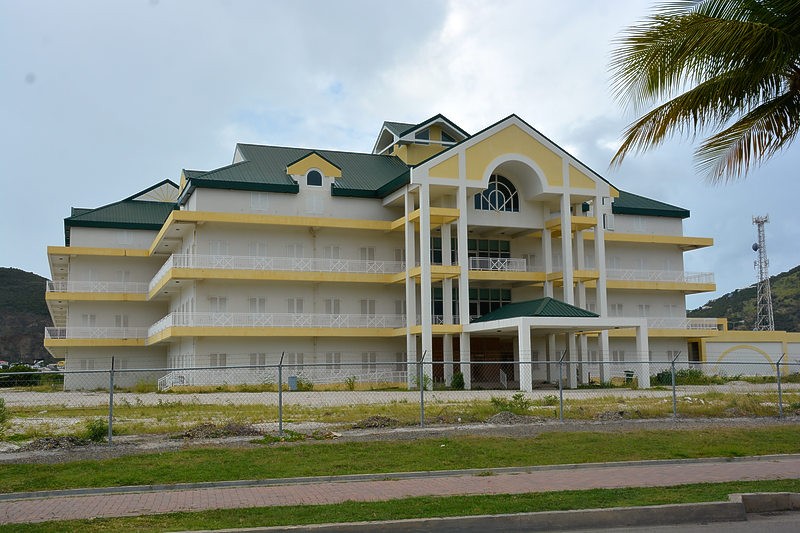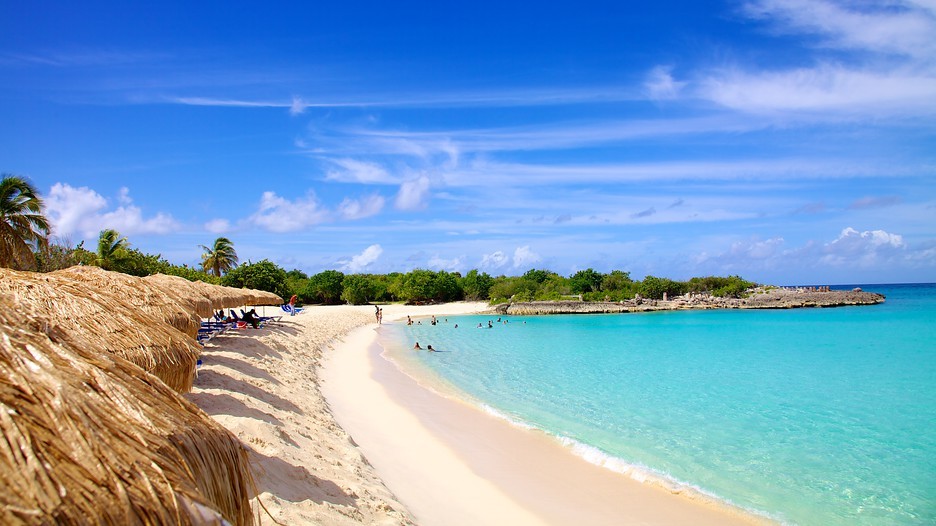
The St. Maarten Trust law was enacted in 2014 for the first time allowing trusts to be formed in that island country. This Dutch island adopted the principles of Anglo-Saxon common law jurisdictions when writing their trust law. In addition, they followed a similar trust law enacted in Curacao in 2012.
The law governing trusts in St. Maarten is Section 3 of the Civil Code as amended in 2014 (hereinafter the “Act”). When the law passed it was hailed as an important tool for asset protection, estate planning, investment and pension funds, tax planning, and various commercial and financial transactions.
The law overseeing trustees is the St. Maarten “Ordinance on Supervision of Trust Offices” which also applies to trust offices offering services as a trustee.
Background
St. Maarten is an island country located in the Caribbean Sea near the coast of Venezuela. It is a member of the Netherlands Kingdom of which mainland Holland along with the Caribbean islands of Aruba and Curacao are also members.
English is its second official language after Dutch. Every document can be written in English.
Benefits
A St. Maarten Trust has the following benefits:
• Complete Foreign Participation: Foreigners can create trusts for totally foreign assets and beneficiaries.
• No Taxation: Passive investments income outside of St, Maarten are not taxed. However, U.S. taxpayers and others subject to global income taxation must declare all income to their governments.
• Fast Formation: A trust can be formed in one day.
• No Registration: Trusts do not have to register with the government.
• Privacy: Since trusts do not register with the government there are no public records regarding them.
• Estate Planning: An ideal vehicle for a family’s estate planning needs.
• Asset Protection: Trust assets are owned by the trustee and not the settlor or the beneficiaries protecting them from their future creditors.
• English: English is the official second language.
St. Maarten Trust Name

All trusts must select a name totally different from any legal entity’s name in St. Maarten to avoid confusion.
Every trust must include the word “Trust” at the end of its name so third parties know what they are dealing with.
Settlor
The person creating a trust is called the “settlor” who can be a citizen of any country and does not have to reside in St. Maarten. The settlor transfers his or her assets (properties, funds, etc.) to the trustee to hold on behalf of named persons called the “beneficiaries”.
Trust Deed
The trust deed is a notarized legal document where the settlor declares the purposes and objectives of the trust along with naming the beneficiaries and appointing a trustee with the powers to manage described assets (properties) and administer the trust’s income and assets in a prescribed manner.
Settlors have great discretion with circumventing the trust laws in the trust deed.
Trustee
The Trustee administers the trust assets and maintains proper accounting records regarding each trust’s assets. Trustees must follow the law and the provisions set forth in the trust deed. Trustees must act in good faith, be honest, and use due care as a professional in a position of trust.
A trustee must insure the trust assets against damages using common insurance policies available for the types of assets (properties) under his or her care.
Trustees must register their trust relationships with the government including the Trade Register and the Shareholders’ Register unless the trust deed provides otherwise. Trustees must inform all third parties contracting with a trust of his or her capacity as the trustee.
The trustee must provide annual accounting summaries and make records available to the beneficiaries who request inspection unless the trust deed states otherwise. Upon termination of a trust, the trustee will provide the beneficiaries with a summary of the status of all assets and their distributions.
If conflict of interests occur between trusts administered, the trustee can only enter into legal acts regarding trust assets with the consent of all trustees and the protector. If no protector exists, the consent of a judicial court will be required.
Beneficiaries
The “beneficiaries” are the ones named in the trust deed who benefit from the assets and their income placed in trust. Beneficiaries may be citizens of any country and do not have to reside in St. Maarten.
Protector
The settlor has the option to appoint someone (or a legal entity) to protect the interests of the beneficiaries in the trust deed called a “protector”. The protector can reside anywhere and be a citizen of any country.
The trust deed describes what powers and functions a protector may have including prior consent before a trustee acts or the right to overrule a trustee’s actions and decisions. The appointment of replacement protectors and compensation should also be included in the trust deed.

Taxes
Normally, the corporate tax rate is 34.5% on all profits. However, if a trust is not conducting an enterprise or business, no profit tax is due. Passive investments are not defined as either a “business or enterprise”.
The gift tax is 25% of the asset’s or funds value at the time of transfer to the trust. However, if the settlor and all of the beneficiaries are non-residents, this tax is exempt.
Income taxes do not apply to beneficiary non-residents receiving periodic payments from a trust. The same exemption applies when assets are transferred to non-resident beneficiaries.
Note: U.S. taxpayers are subject to worldwide income taxes. Everyone subject to global income taxation must report all income to their governments.
Public Records
Since trusts do not register with the government, there are no public records regarding them.
Time for Formation
A trust can be formed in one day.
Conclusion
A St. Maarten Trust enjoys the following benefits: total foreign participation, no taxes, privacy, estate planning, asset protection, fast formation, and English is the official second language.


